Wolves came from behind to beat West Ham 3–2 in the Carabao Cup with two late goals to sink the Hammers. Full recap, tactics, lineups, and what’s next.
Wolves vs West Ham: Quick summary
Wolverhampton Wanderers overturned an early deficit to beat West Ham United 3–2 at Molineux in a tense Carabao Cup second-round tie. Two late goals — including a dramatic quick double — swung the match in Wolves’ favour and sent the Hammers out of the competition. The result gives Wolves momentum and a morale boost, while it raises fresh questions around West Ham’s early-season form and squad rotation under Graham Potter.
Match report — how it happened
The fixture started tightly, with both teams testing each other in midfield and using the cup to rotate squad options. West Ham struck first through a set-piece header from Lucas Paquetá that looked to have handed the visitors control. Wolves responded before half-time when Rodrigo Gomes bundled home after good pressure inside the box, and the match swung into a tactical chess match after the interval.
The defining sequence came late: West Ham reclaimed the lead early in the second half through a powerful Paquetá header from a Jarrod Bowen cross, only for Wolves to turn the game on its head in the final quarter. Two rapid goals — one from Jørgen Strand Larsen (his first) and another in the closing stages — gave Wolves a 3–2 advantage that they held to full-time. The atmosphere at Molineux exploded as the home side celebrated progression in the Carabao Cup.
Key performers
Wolves
- Jørgen Strand Larsen: Late brace that changed the game — the Norwegian striker’s runs and finishing were decisive in the comeback.
- Rodrigo Gomes: Key goal and general threat in transition; his movement unsettled West Ham’s defensive structure.
- Defensive resilience late: Wolves’ backline and goalkeeper stood up to late West Ham pressure to preserve the lead.
West Ham
- Lucas Paquetá: A constant creative outlet and the scorer of West Ham’s first goal — his aerial threat from crosses was a big factor.
- Jarrod Bowen: A key provider who created multiple chances and was central to West Ham’s attacking transitions.
Tactical breakdown
Wolves’ approach
- Compact midblock & quick transitions: Wolves resisted sustained West Ham pressure by keeping a compact shape through the middle and then attacking quickly on the counter. That plan paid dividends late when the Hammers pushed numbers forward. The tactical switch to increase forward tempo in the final 20 minutes unlocked West Ham’s defensive gaps.
- Target the flanks then strike centrally: By stretching West Ham wide and creating overloads, Wolves created the pockets where Strand Larsen could exploit space between centre-backs.
West Ham’s blueprint (and where it faltered)
- Set-piece efficiency but late vulnerability: Paquetá’s goal highlighted West Ham’s aerial threat, yet defensive lapses and concentration dropped at key moments allowed Wolves to score twice in quick succession. Graham Potter’s rotation of personnel for the cup tie appeared designed to rest important starters, but it came with the cost of cohesion late on.
- Midfield control but lack of killer pass: West Ham had phases of possession and territory without consistently delivering the final ball to punish Wolves’ transitional moments.
What this means for both teams
Wolves
- The victory gives Wolves a morale lift and a tangible reward — progression in the Carabao Cup and a confidence boost for players pushing for starting roles. Cup runs also offer fixture variety and chances for fringe players to stake claims. Manager (and matchday blog coverage) suggested the win will help cement belief in the squad’s depth.
West Ham
- Exiting the Carabao Cup early is a blow to squad rotation plans and opportunity to build momentum. Potter made multiple changes for the tie, and while that’s common in cup competitions, the defeat will intensify scrutiny around selection decisions and defensive coordination. Their early league results have already invited pressure; this exit adds to it.
Standout tactical moment
The crucial sequence arrived after West Ham had briefly regained control; Wolves’ quick width exploit followed by near-instant central switch allowed Strand Larsen to receive in the box untracked. That single passage — from defensive regain to clinical finish — shows why modern cup ties hinge on transition sharpness and concentration during moments of turnover. Analysts noted the rapidity of Wolves’ counterattack as a lesson in efficient chance creation.
Instagram-এ এই পোস্টটি দেখুন
Managerial decisions and substitutions
- Graham Potter (West Ham): Potter rotated his XI—an understandable approach given early league commitments—but the changes appeared to disrupt defensive chemistry late on. Post-match comments from the club pointed to injuries and the need to protect certain starters, but the defeat will likely prompt debate in media and fan circles.
- Wolves’ management: Wolves’ bench influence was decisive; substitutions injected energy and directness into the final third, and the coaching staff’s timing of changes earned praise on the club matchday blog.
Fan & media reaction
Matchday live blogs and social coverage captured a rollercoaster of emotions — frustration from visiting supporters and elation inside Molineux. National outlets highlighted the late turnaround as one of the day’s more dramatic Carabao Cup results, praising Wolves’ resilience and pointing to West Ham’s early-season inconsistencies. Discussion on platforms like X (Twitter) centred on Strand Larsen’s sudden impact and Potter’s rotation choices.
What to watch next
- Wolves: Can they translate cup energy into Premier League form? Watch how the manager balances domestic league priorities with cup progression and whether Strand Larsen earns more starting chances.
- West Ham: Potter must quickly steady the defensive unit and reconfigure selection approaches. Expect him to prioritize immediate league fixtures to arrest any slide. Monitoring injury updates (Paquetá’s minor knocks were noted) will be critical.
Background context: Carabao Cup significance
The Carabao Cup (EFL Cup) is often a proving ground—an opportunity for clubs to rotate and test squad depth while chasing silverware that offers a European route for the winner. For mid-table and mid-tier Premier League teams, a successful cup run can inject belief and provide competitive minutes to emerging talents; for bigger squads it’s a balancing act between rotation and maintaining form across multiple competitions. This tie exemplified that tension: tactical rotation on one side, youth and bite on the other.

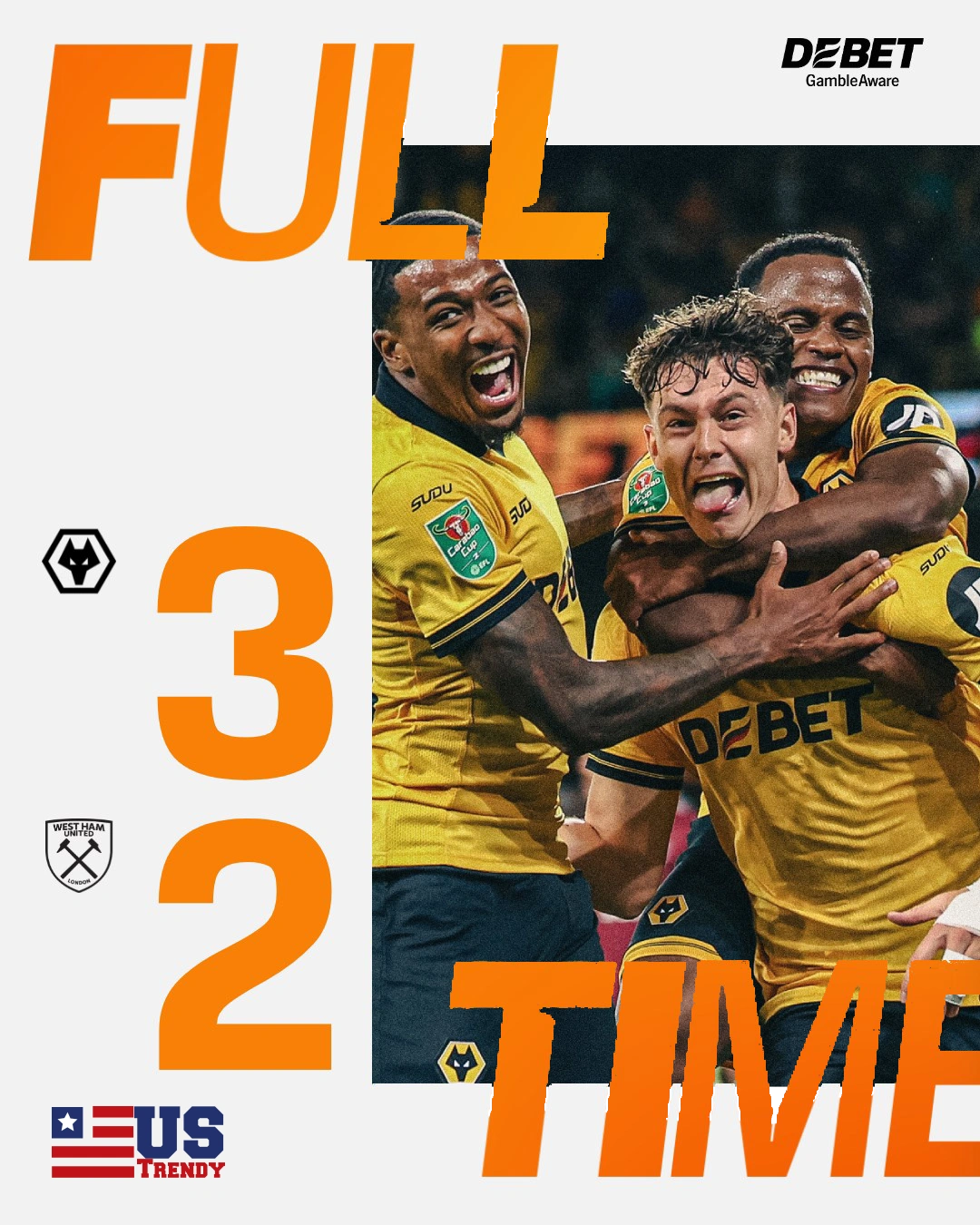
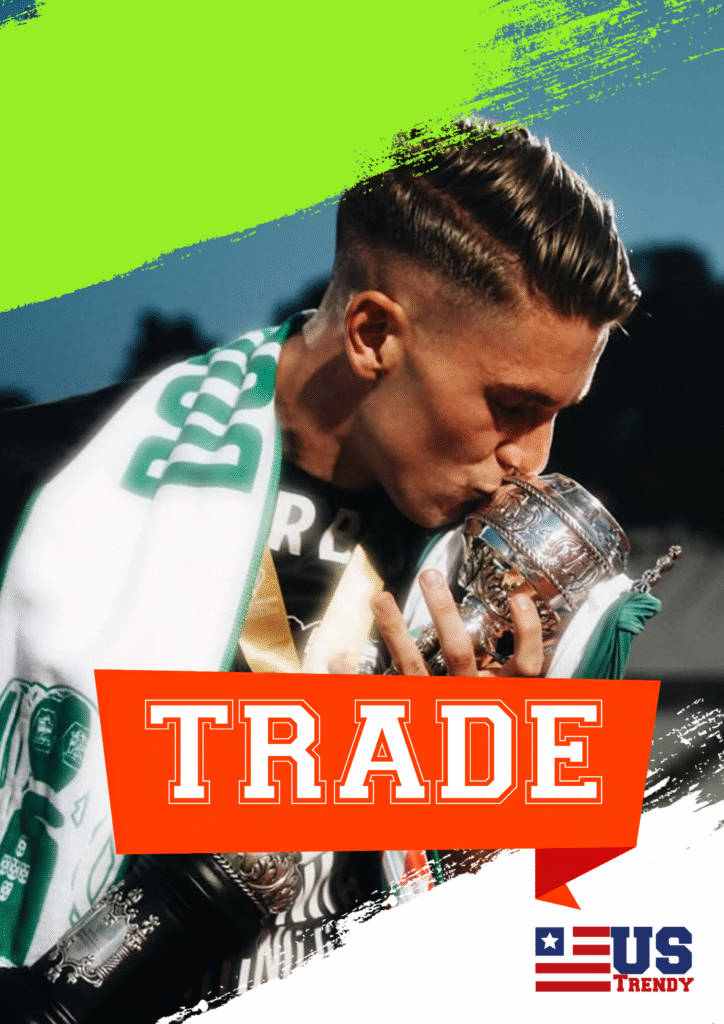
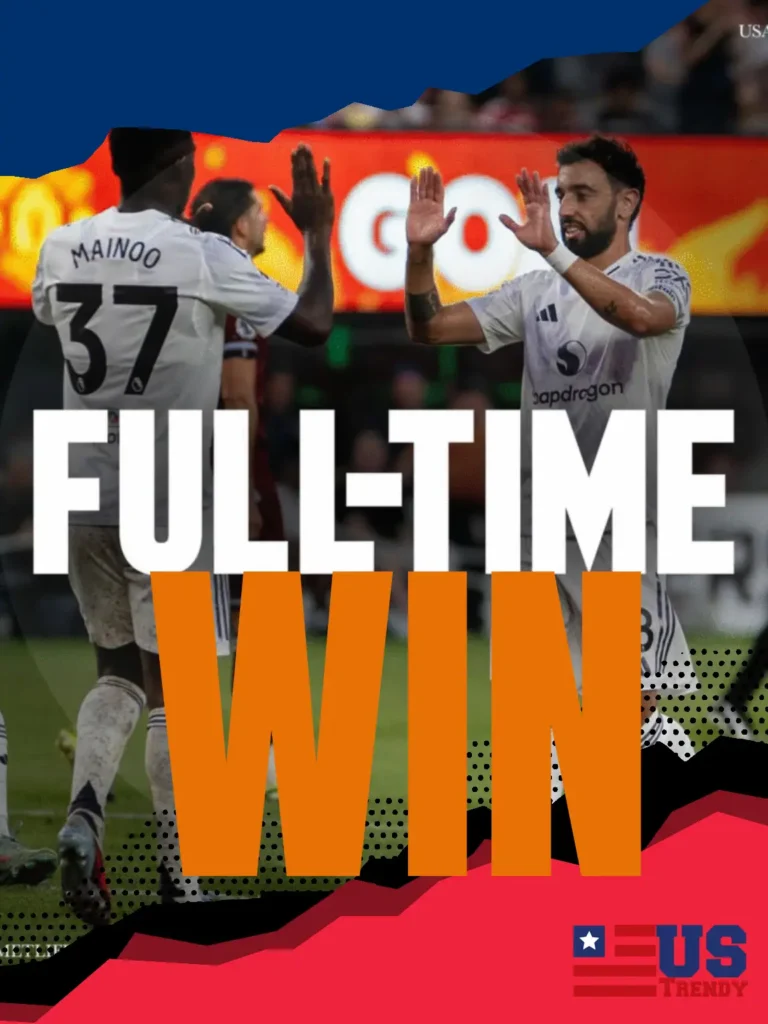
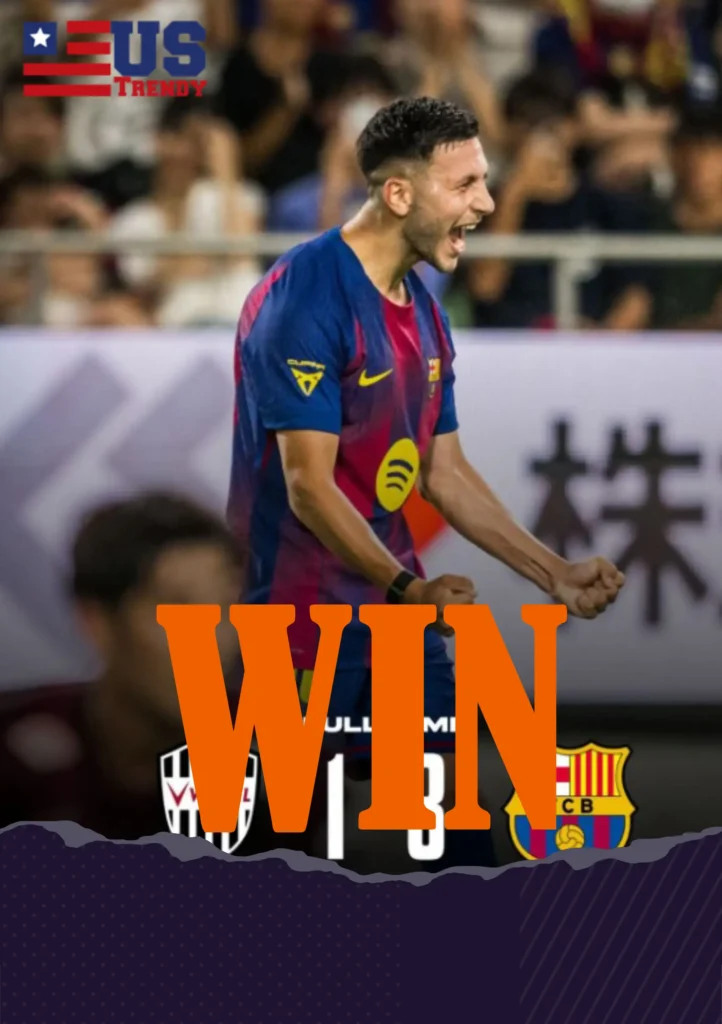
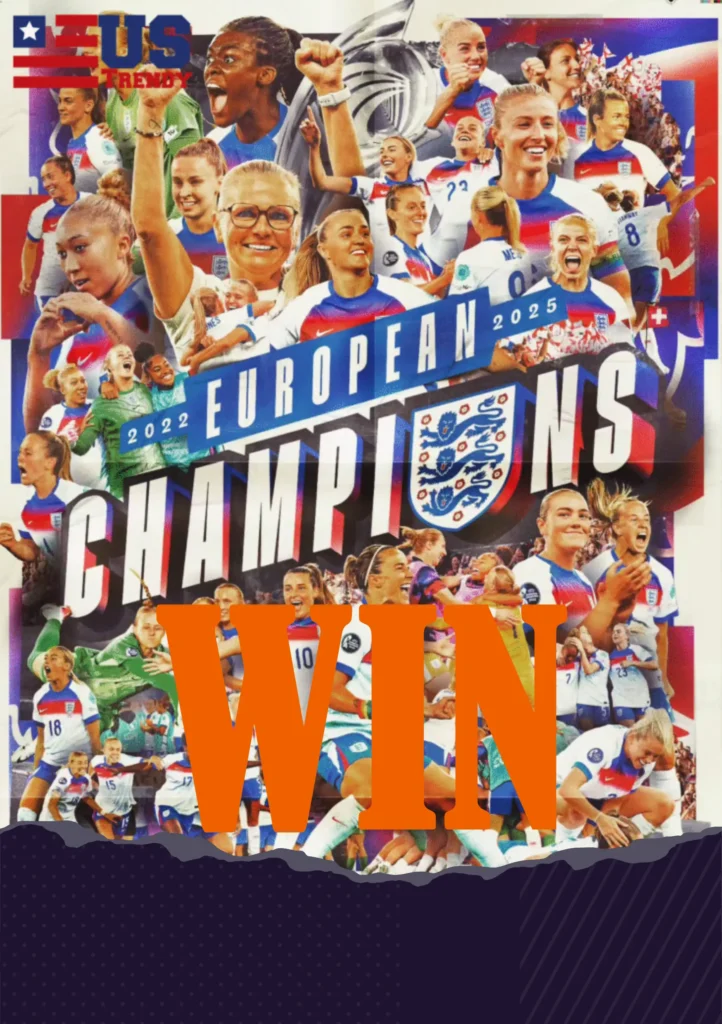
Pingback: Brentford Stun Bournemouth — EFL Cup Shock at the Vitality (Brentford 2–0 Bournemouth) - TrendyinUS